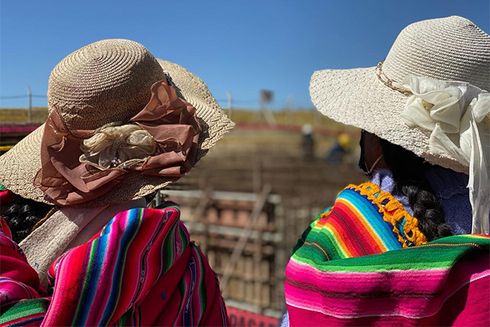
We are committed to maximizing our work's positive environmental and social outcomes while minimizing the risks and negative impacts on people and natural capital. We do this by applying a set of comprehensive environmental and social policies that identify, avoid, and minimize harm to people and the environment. We know from experience that including environmental and social considerations in project design and implementation improves development outcomes.
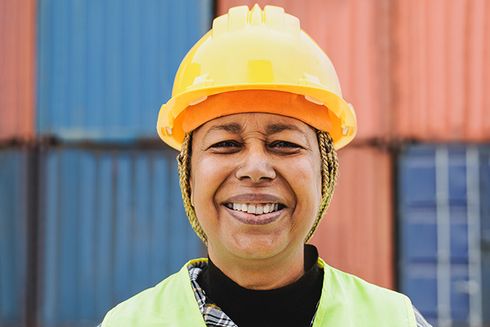
Environmental and Social policies improve lives by increasing the sustainability of projects and reducing negative impacts onto people and the natural resources they depend on. The Environmental and Social Policy Framework (ESPF), approved in September 2020 by the Bank's Board of Directors and effective on November 1, 2021, forms the basis for the IDB's strategy for better responding to the environmental and social challenges facing the Latin America and the Caribbean region, focusing on issues related to social inequality, human rights, depletion of natural capital, gender equality, stakeholder engagement.
The ESPF includes solid provisions for IDB alignment with the Paris Agreement on climate change.
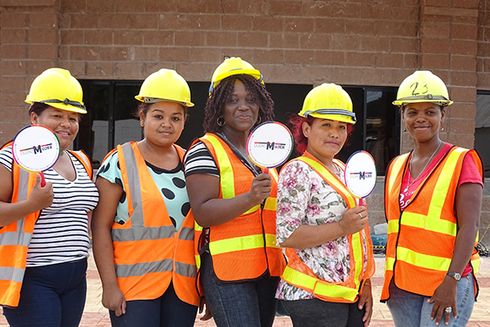
The Inter-American Development Bank, has become a leader in strengthening the technical capacity of borrower’s institutions and executing agencies to plan, design and implement projects with high environmental and social standards in Latin America and the Caribbean (LAC), capitalizing on the Bank's knowledge and experience in the region.
Considering this, a series of training and capacity building materials has been created to support the implementation of the ESPF.
Disaster and Climate Change Risk Methodology
Learn more about the phased approach to foster resilience in IDB infrastructure projects.

This study analyzes the main risks, impacts, and mitigation measures for activities related to green hydrogen, including production, transportation, storage, and associated energy carriers, including ammonia and methanol.
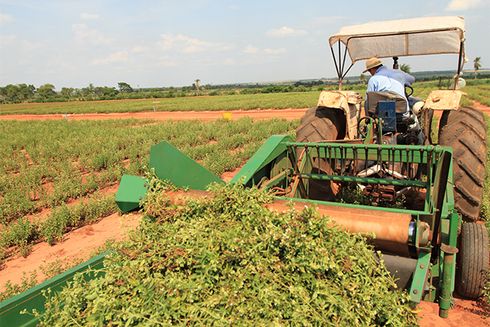
Practical guidance to support IDB Borrowers, other implementing agencies, and third parties in applying the ESPF's specific requirements related to project supply chain management.
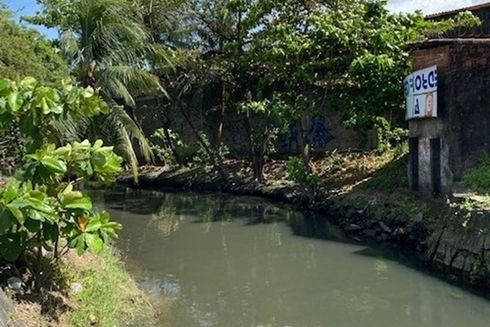
La resiliencia climática es uno de los mecanismos más acertados para abordar los impactos del cambio climático. Esta publicación explora los resultados del estudio socio ambiental en el municipio de Recife en Brasil.
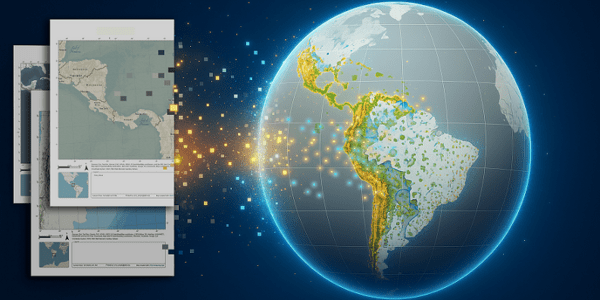


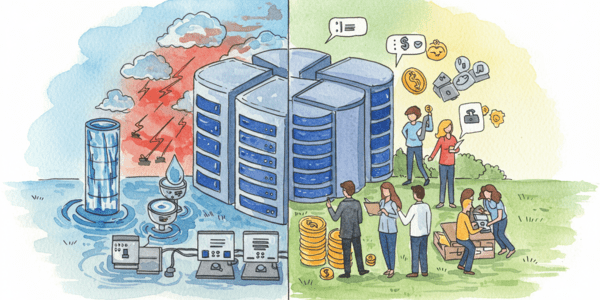
Discover the topics in which we work to improve lives in Latin America and the Caribbean.
Explore our offices across countries and the work they do to improve lives.
